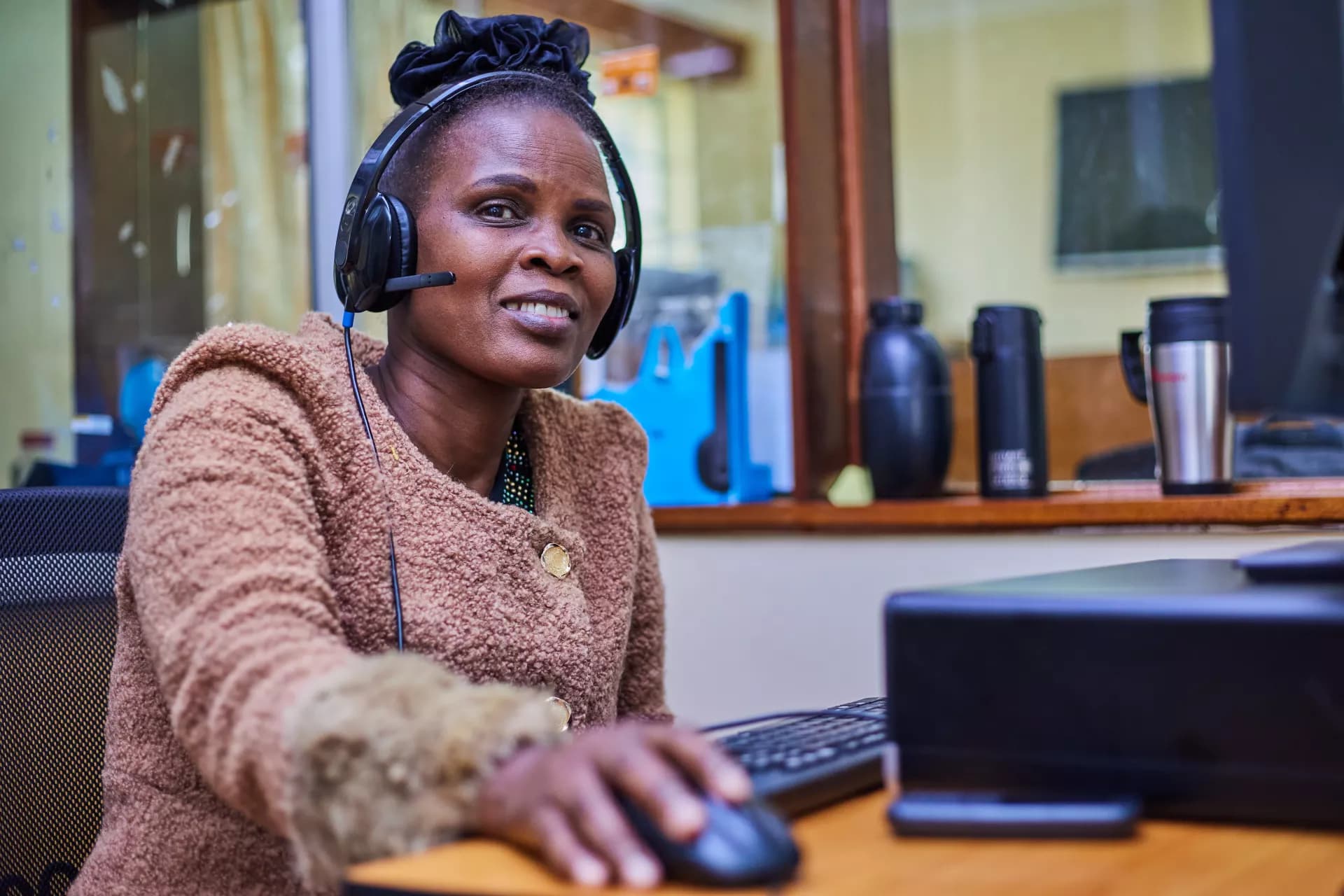We're loading the full news article for you. This includes the article content, images, author information, and related articles.
Dagoretti North MP Beatrice Elachi’s ordeal of being mocked online after her son’s death exposes the dark underbelly of Kenya's digital space and tests the nation's legal resolve to combat escalating online violence.

In the depths of her grief following the tragic death of her son, Elvis Murakana, in a road accident in March 2025, Dagoretti North MP Beatrice Elachi faced a second, insidious trauma: a barrage of online mockery. Instead of compassion, a corner of Kenya’s internet responded with cruelty, turning a private family tragedy into a spectacle of public scorn. “My worst experience came when they talked ill of my son, whom nobody knew. The cyberbullying that surfaced online after his death was overwhelming,” Elachi stated in a media interview in May 2025, describing the experience as her lowest moment on social media. The incident cast a harsh spotlight on a growing crisis in Kenya and across East Africa, where the rapid expansion of digital connectivity has unleashed a torrent of technology-facilitated gender-based violence (TF-GBV), hate speech, and psychological abuse that existing laws are struggling to contain.
In response to the rising tide of online toxicity, Kenya has armed itself with some of the toughest cybercrime legislation in the region. On October 15, 2025, President William Ruto signed into law the Computer Misuse and Cybercrimes (Amendment) Act, 2024, which introduced severe penalties for online misconduct. Under the amended law, cyber harassment—defined broadly to include communication that causes psychological harm or could lead a person to contemplate suicide—now carries a penalty of up to KSh 20 million, a 10-year prison sentence, or both. The government justifies the stringent measures by pointing to the significant economic and social harm caused by digital crimes. The Communications Authority of Kenya (CA) has reported a dramatic increase in cyber threats, detecting over 2.5 billion threat events between January and March 2025 alone, a 200% increase from the previous quarter. However, the law's broad language and the expanded powers granted to the National Computer and Cybercrimes Coordination Committee (NCCCC) to block websites without a court order have alarmed human rights advocates. Organizations like ARTICLE 19 and KICTANet have warned that the law could be weaponized to stifle dissent and erode constitutional freedoms of expression and privacy, risking a slide into “digital authoritarianism.” A constitutional challenge against the amendment was filed in the High Court in October 2025 by the Kenya Human Rights Commission (KHRC) and others, arguing the law is vague, overbroad, and susceptible to abuse by the state.
The psychological impact of this digital vitriol is profound and increasingly recognized by mental health professionals. The Kenya Psychological Association (KPsyA) and the Kenya Association of Professional Counsellors (KAPC) have highlighted the severe trauma associated with online abuse, which can lead to anxiety, depression, and social withdrawal. Research among Kenyan youth confirms the devastating link between cyberbullying and mental health crises, including suicidal ideation. The constant exposure to hateful content creates an environment of fear and emotional distress, a reality starkly illustrated by Elachi’s experience. The trauma is not limited to the targets of abuse. A December 2024 report revealed that over 140 content moderators in Nairobi working for a Meta contractor were diagnosed with severe PTSD from daily exposure to graphic and violent content. This underscores the hidden human cost of policing the digital platforms where such abuse proliferates.
The challenge is not unique to Kenya. A 2025 report by the Collaboration on International ICT Policy for East and Southern Africa (CIPESA) noted a disturbing regional trend where digital tools are increasingly used for control rather than connection. In Tanzania, the Cybercrimes Act has been used to arrest and censor government critics, and the state has restricted access to social media during politically sensitive periods. While a 2025 regional study on media framing found that Kenya had the highest volume of stories on SGBV and femicide compared to Uganda and Tanzania, it also noted a worrying lack of focus on perpetrator accountability across all three nations. This suggests a broader regional struggle to move from documenting online harm to effectively prosecuting it and addressing its root causes. The National Cohesion and Integration Commission (NCIC) in Kenya, mandated to fight hate speech, has been criticized for its ineffectiveness, with few successful prosecutions, limited funding, and a high threshold for proving hate speech in court. This impunity for online perpetrators allows the cycle of abuse to continue, leaving victims like Beatrice Elachi to bear their burdens in the public glare while the anonymous tormentors remain in the shadows.
Keep the conversation in one place—threads here stay linked to the story and in the forums.
Sign in to start a discussion
Start a conversation about this story and keep it linked here.
Other hot threads
E-sports and Gaming Community in Kenya
Active 9 months ago
The Role of Technology in Modern Agriculture (AgriTech)
Active 9 months ago
Popular Recreational Activities Across Counties
Active 9 months ago
Investing in Youth Sports Development Programs
Active 9 months ago
Key figures and persons of interest featured in this article